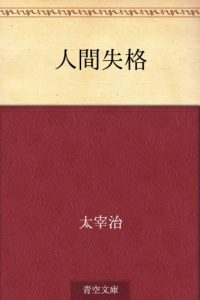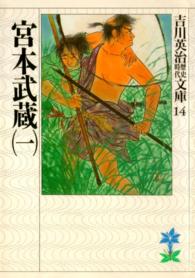I read an article by Roger Pulvers on Nippon.com about Miyazawa Kenji, and became interested in reading ame ni mo makezu, which is available in public domain on Aozora Bunko. I included the original text here:
雨ニモマケズ
風ニモマケズ
雪ニモ夏ノ暑サニモマケヌ
丈夫ナカラダヲモチ
慾ハナク
決シテ瞋ラズ
イツモシヅカニワラッテヰル
一日ニ玄米四合ト
味噌ト少シノ野菜ヲタベ
アラユルコトヲ
ジブンヲカンジョウニ入レズニ
ヨクミキキシワカリ
ソシテワスレズ
野原ノ松ノ林ノ蔭ノ
小サナ萓ブキノ小屋ニヰテ
東ニ病気ノコドモアレバ
行ッテ看病シテヤリ
西ニツカレタ母アレバ
行ッテソノ稲ノ朿ヲ負ヒ
南ニ死ニサウナ人アレバ
行ッテコハガラナクテモイヽトイヒ
北ニケンクヮヤソショウガアレバ
ツマラナイカラヤメロトイヒ
ヒドリノトキハナミダヲナガシ
サムサノナツハオロオロアルキ
ミンナニデクノボートヨバレ
ホメラレモセズ
クニモサレズ
サウイフモノニ
ワタシハナリタイ
According to the Wikipedia article about the poem, it was never published in Miyazawa’s lifetime, but was found after his death, as many of his works were, so I’m not sure if it was intended for an audience or not. I especially think it may not have been his intention to publish this because the poem is about his desire to be a humble servant. The desire to serve people without recognition seems to be more of a self reflection than something a poet would intend to publish.


